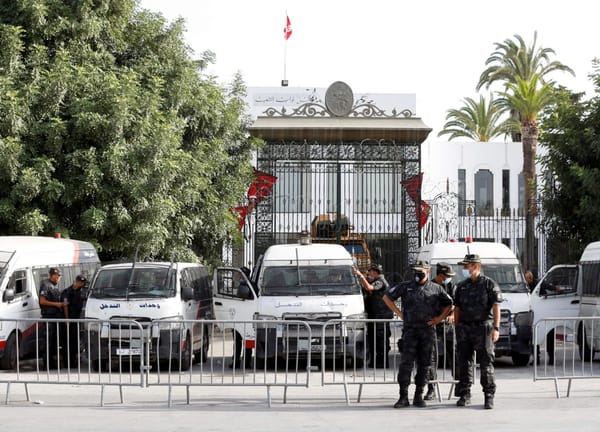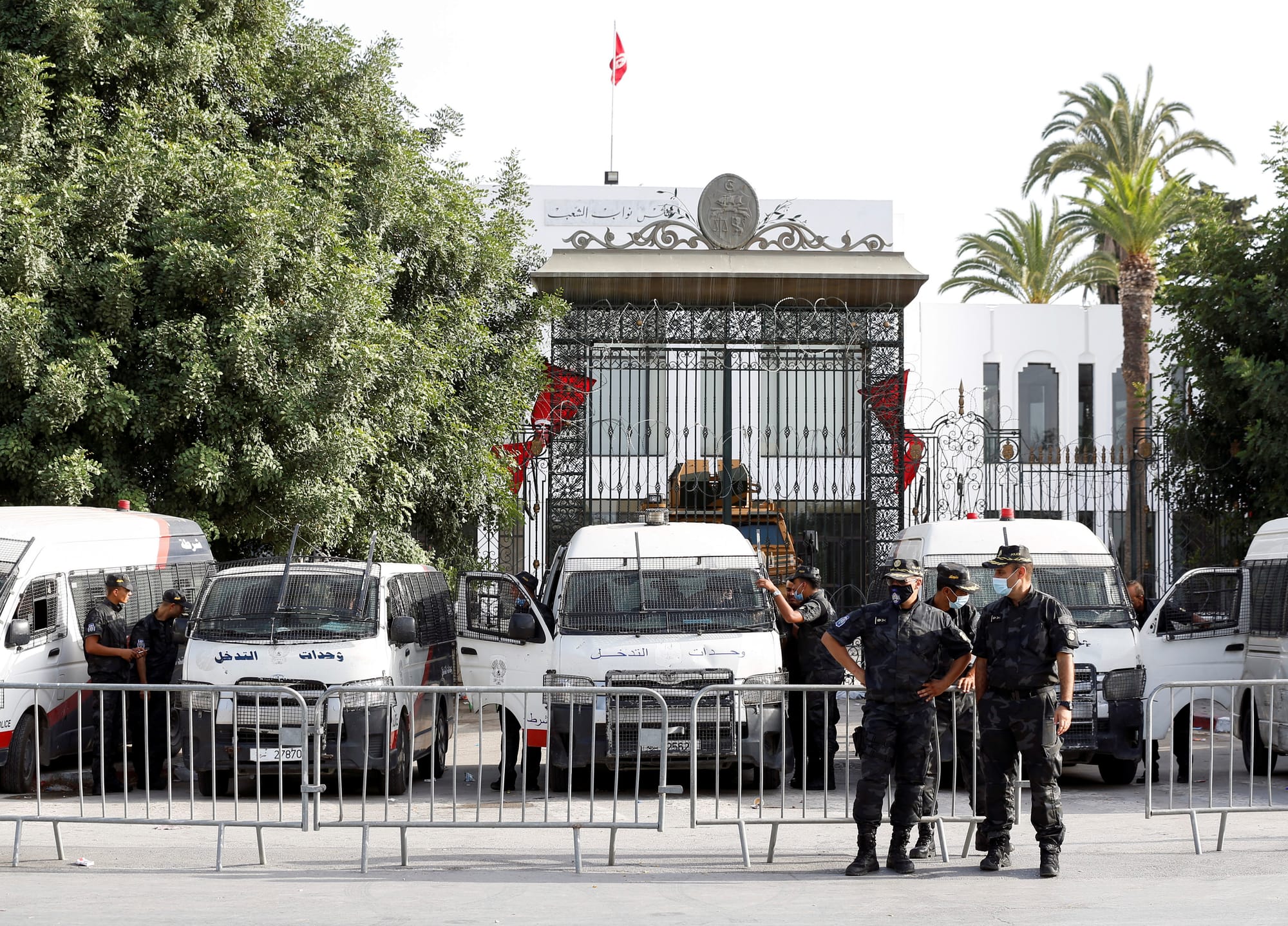The Collapse of Tunisia’s Party System and the Rise of Kais Saied
Ten years after the Tunisian people overthrew the country's authoritarian ruler, their democracy is in crisis. On July 25, 2021, Tunisian President Kais Saied invoked Article 80, the emergency clause in the constitution, to sack the prime minister and freeze the activities of parliament. Nate Grubma











